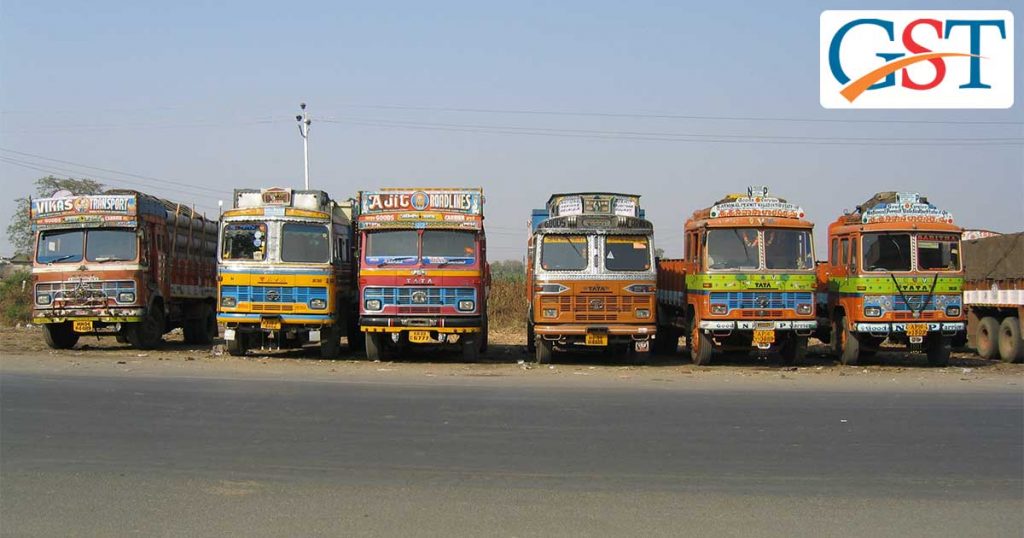
Recently, the IT system has been refined to restrict the GST non -filers from generating e-way bills. To weaken the tax evasion practices this institutive step has been taken which prevents the Business – consignor, consignee, transporter, e-commerce operator or a courier agency, who have not filed the GST returns for the stipulated time period as per the GST rules. The measure is a part of the anti-evasion mission and will be applicable from June 21 2019, as announced by The Central Board of Indirect Taxes and Customs (CBIC).
A regular taxpayer would be prevented from generating the e-way bill for transportation when it fails to furnish the returns for a consecutive period of two months i.e. for 60 days or more. However, the time frame for filing business under GST composition scheme is two consecutive filing periods, which interprets that a composition scheme taxpayer who has not filed the GST returns for two consecutive tax periods i.e. for 6 months would be confined from producing e-way bill.
In the Goods and Services Tax (GST) regime, regular businesses have to file monthly tax returns by the 20th day of the subsequent month while the businesses operating under composition scheme are supposed to file quarterly returns by the 18th day of the subsequent month following the end of a quarter.
An Anti-evasion Measure
The Goods and Services Tax Network (GSTN) has refined the IT system to degrade the tax evasion practices as now the non-filers of GST returns would not be able to generate the e-way bills. The software will automatically detect these evaders by delving into their past furnishings and block them from proceeding further for the e-way bill generation.
Read Also: No ITC If GST Return Not Filed: Telangana High Court Orders
E-way bill system itself is part of anti-evasion measure which came into effect on April 1, 2018, for the transportation of goods whose value is Rs 50,000 or more, between states while the same rule in the context of intra or within the state was rolled out on April 15, 2018. Under this system transporters moving goods worth over Rs 50,000 would have to present e-way bill while transporting the goods to a, if and when asked by the GST inspector.
AMRG & Associates Partner Rajat Mohan said appreciated this measure and found it effective as this will impede suppliers, transporters and e-commerce operators from dealing with non-filers of GST returns.
“E-commerce, logistics, FMCG companies, and businesses working on the franchise model, would have to immediately develop and implement an automated workflow whereby defaulting business partners are moved out from the supply chain on a real-time basis,” Mohan said.
The GST officials witnessed around 3,626 cases of GST violations in which Rs 15,278 crore was involved, in the period between April to December 2018 and this led to the formation of more strict rules and policies to increase the compliance and to abolish such violations in the state which curtails the revenue of Government









